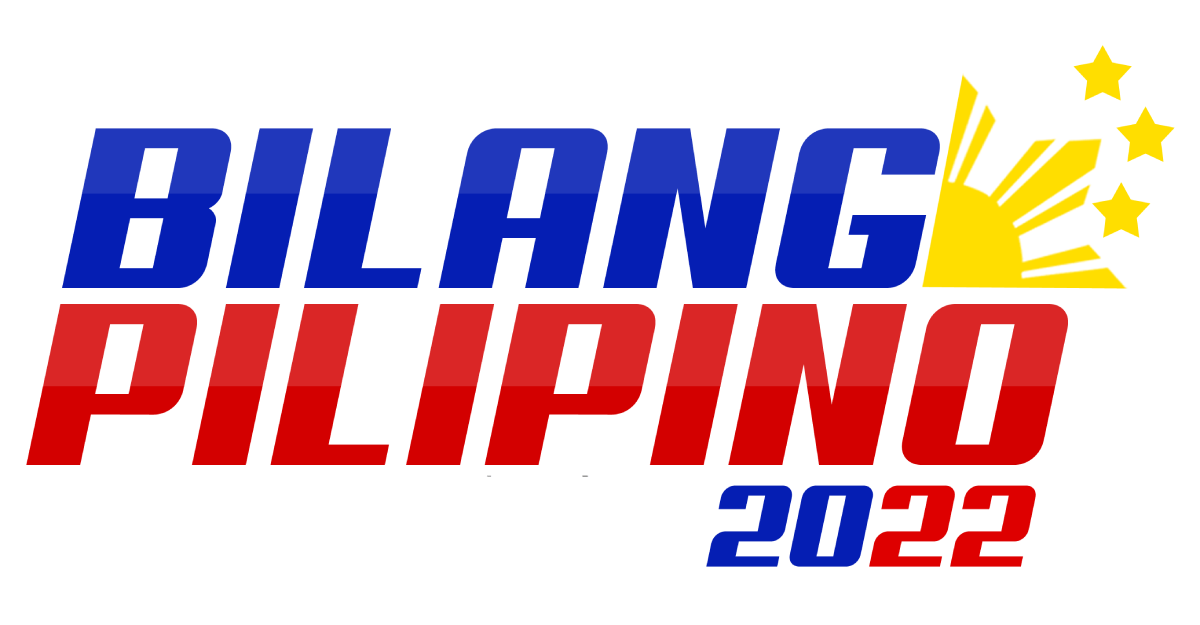Comelec maintains vote-buying is still an election offense: 'Di dapat ginagawa at sinusuggest yan sa mga botante'

After Vice President Leni Robredo, who is running for president next year, said that voters could accept money from politicians, Commission on Elections (Comelec) spokesperson James Jimenez maintained that vote-buying is still an election offense.
"I disagree with the notion of taking the money and voting according to your conscience," he tweeted.
"Vote-buying is an election offense regardless of financial situation or noble intentions. 'Di dapat ginagawa, at 'di dapat sina-suggest yan sa mga botante."
I disagree with the notion of taking the money and voting according to your conscience. Vote buying is an election offense regardless of financial situation or noble intentions. Di dapat ginagawa, at di dapat sina-suggest yan sa mga botante.
— James Jimenez (@jabjimenez) October 26, 2021
Presidential aspirants on vote-buying
On Oct. 26, Robredo said that vote-buying is wrong.
"Mali siya, mali yung pagbili ng boto," said Robredo.
But Robredo related her experience in running for Congress, where she said she saw how widespread the practice is. In 2013, Robredo filed a disqualification case against then incumbent Camarines Sur Rep. Luis Villafuerte and his wife Nelly due to alleged vote-buying in their district’s congressional elections. Robredo eventually won that election, beating the latter.
"Parati kong sinasabi tanggapin niyo kasi galing rin naman 'yan sa atin. 'Yung pinambibili ng boto, pera din naman 'yan ng taongbayan," she said in a virtual forum with household workers.
Robredo added that despite taking the money, people should still vote for the candidate they want.
"Wag kang boboto dahil pakiramdam mo mayroon kang utang na loob kasi tinanggap mo. ‘Di ba? ‘Yung sa akin, tanggapin ang pera, pero iboto sa konsensiya,” the VP said.

After reaping controversy over her remarks, Robredo clarified on Oct. 27 that she is against vote-buying. The VP defended that she merely stated the reality that there is poor enforcement of rules and regulations on the election offense.
“Aware tayo sa nasa batas, hindi tayo masaya na hindi ito nae-enforce, pero dapat bukas ‘yong mata natin sa realities on the ground," she said.
"Hindi natin kino-condone iyong vote-buying. In fact, isa tayo sa matagal nang nakikipaglaban sa vote-buying. Pero hinihingi natin sa ating mga awtoridad ang enforcement nito maging maayos."
In an interview today with ANC on Oct. 27, former Comelec chair Christian Monsod also expressed views regarding vote-buying similar to Robredo’s.
“I asked that a long time ago. I asked that of Jaime Cardinal Sin and ang sagot niya ganoon din, tanggapin ninyo, pero iboto ninyo ang konsensiya niyo,” said Monsod.
“Tama rin si Cardinal Sin nung sinabi niya, sabi niya pera din natin yan eh. Binabalik lang sa atin kaya lang malaki ang kanilang nakuha, maliit lang ang binibigay nila. Or kung nagbigay sila ng malaki babawiin nila sa corruption pag sila ay nasa office,” said Monsod.
In 2016, former senator Bongbong Marcos shared similar opinions to Robredo, saying "Ang sinasabi ko, sige kunin ninyo ang pera, inyo naman talaga yan, tapos gawin ninyo ang gusto ninyo."
Recently, presidential aspirant Sen. Manny Pacquiao also defended his distribution of cash assistance to the poor and said that he will continue to do it despite accusations of vote-buying.
"Tuloy lang ako hanggang hindi bawal dahil ginagawa ko naman ‘yon noon. Siguro naiingit sila (critics) dahil ginagwa ko na mula pa noon at hindi nila kayang gawin sa puso nila. Magawa siguro nila 'pag eleksyon lang, pero 'pag walang eleksyon, 'di nila gawin," he was quoted as saying in a press briefing.
During his trip to Batangas in October—which was after he filed his candidacy for president—Pacquiao was seen handing out food packs and P1,000 to locals affected by the Taal Volcano eruption last year.
The retired boxer also said that the cash provided came from his own pocket.
Pacquiao, however, qualified that outright selling of votes during election time will be at the country's expense.
What counts as vote-buying?
Vote-buying, according to the Omnibus Election Code, is an election offense wherein a person "gives, offers, or promises money or anything of value, gives or promises any office or employment, franchise or grant, public or private, or makes or offers to make an expenditure, directly or indirectly, or cause an expenditure to be made to any person, association, corporation, entity, or community" to get votes for or against an aspiring candidate.
It is punishable with imprisonment, disqualification from public office, fines, and deprivation of the right to vote.

